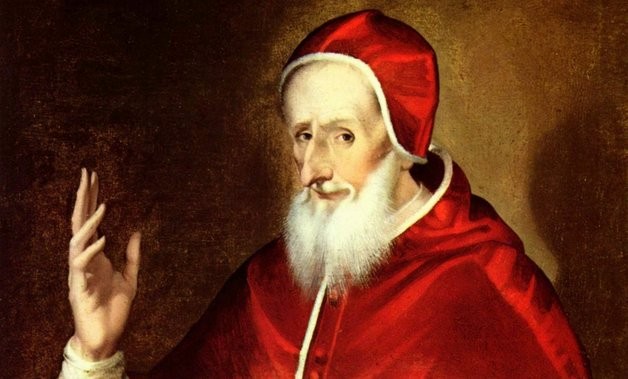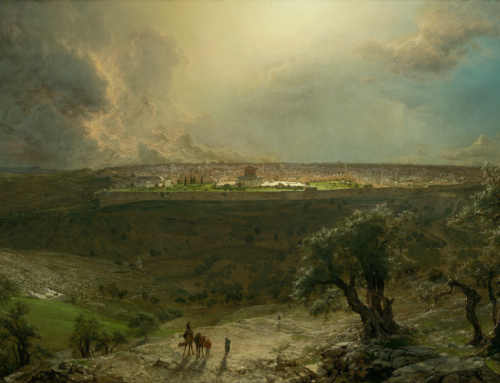Spring is a time of renewal. Signs that nature is springing to life again surround us: blooming flowers, budding trees, fresh green grass. It is appropriate that the feast of Pope St. Pius V falls in the middle of this season. Born Antonio Ghislieri, St. Pius injected new life into the Church, which he shepherded in the aftermath of the Protestant Reformation by instituting the reforms of the Council of Trent.
One of his biographers relates that St. Pius used to say that “it was fitting for Popes to build their state not by stones as much as by their virtues.” Pius was known far and wide for his virtue. He had entered upon a very ascetical life as a Dominican while still in his teens. His having served in the Roman Inquisition before becoming pope in 1566 caused the people of Rome and the Papal States to be fearful, because they had heard much of his reputation for stern firmness in matters of orthodoxy, but not so much about his great charity. When he heard of these fears, Pius responded, “Let us act in such a way that they will be more afflicted at my death, than at my election.” He then proceeded to take the large sums of money ordinarily spent on lavish feasts for princes, nobles, and bishops upon the election of a pope and gave them to the poor. He also did much to provide for the education and medical care of the poor.
St. Pius is well known for bringing about a restoration of the Church’s liturgy, music, and art, perhaps most famously in revising the Roman Missal into what has become known as the Tridentine Mass, or since the time of Pope Benedict XVI as the Extraordinary Form of the Mass. He also encouraged and supported Palestrina’s composition of sacred music. Pius was a deeply prayerful man and had a particularly strong devotion to Our Lady and the rosary. There is of course the famous story of the Battle of Lepanto, for which Pius and all of Christendom invoked the intercession of the Blessed Mother to defeat the Turkish fleet that was moving against Europe. The victory won that day inspired Pius to institute the feast of Our Lady of Victory, or Our Lady of the Rosary as it is now known.
Pope Pius did the hard work as the head of the Church, too, correcting error, reforming religious orders, and fighting nepotism and corruption in the Church’s hierarchy. He did all this, though, with the charity and humility of a shepherd and father, prompting one historian to say about him that he was the first modern pope to project himself as a priest rather than as a sovereign.
The charity, humility, and fatherly concern of Pope St. Pius V accurately characterize another pontiff with whom we are all familiar by now. It is an example we can all imitate as we pray for and work with him in his efforts to usher in a new springtime for the Church.
✠
Image: El Greco, Pope Pius V







